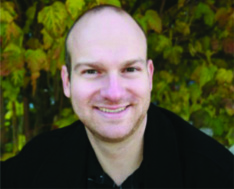The Cuban Missile Crisis: Looking Back 60 Years
Overview
In 1962, the Soviet Union tried to sneak nuclear missiles into Cuba, but the U.S. caught them. After a 13-day standoff, the U.S. “won” the missile crisis when it forced the Soviets to back down. But is that what really happened: steadfast Americans bravely pushing back against a dangerous and reckless Soviet Union…and saving the world from nuclear destruction? Or is that just the myth we told ourselves in the years since? In reality, both sides came perilously close to total destruction and prevailed mostly through luck and fear.
Join Global Affairs professor Allen Pietrobon as we reflect on the Cuban Missile Crisis during its 60th anniversary year. We’ll look at the gripping lives and actions of John F. Kennedy, Fidel Castro, and Nikita Khrushchev. How did they lead us into this moment of extreme danger? Whose “fault” was it, really? And did the U.S. “win” after all? We’ll also examine some of the “near misses,” including a Soviet nuclear submarine that came close to firing its weapons at the peak of the crisis and an American spy plane that was shot down over the island. Ultimately, we’ll question what the Cuban Missile Crisis can teach us about the potential for future nuclear conflicts and how a country relying on nuclear weapons to threaten and project power imperils us all.


